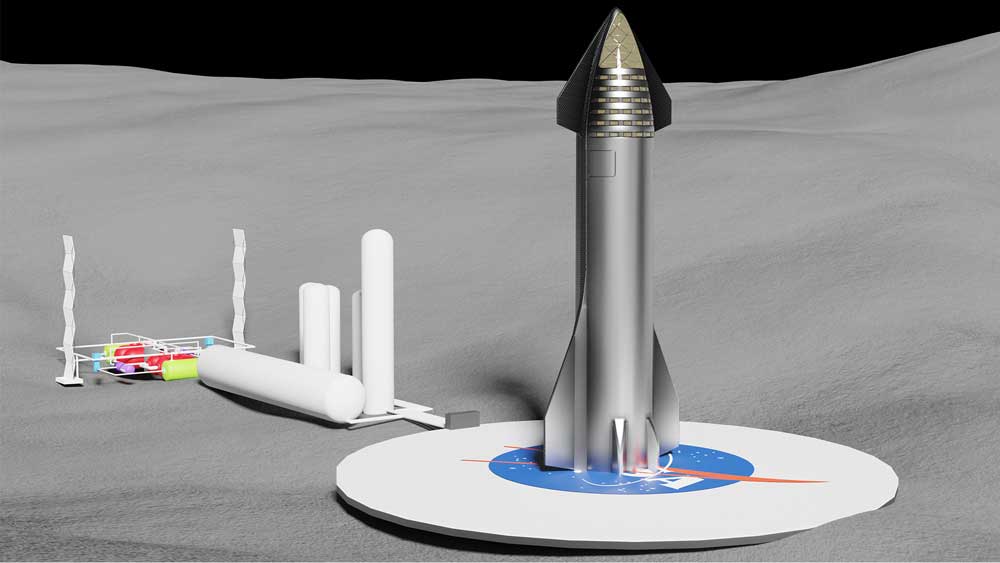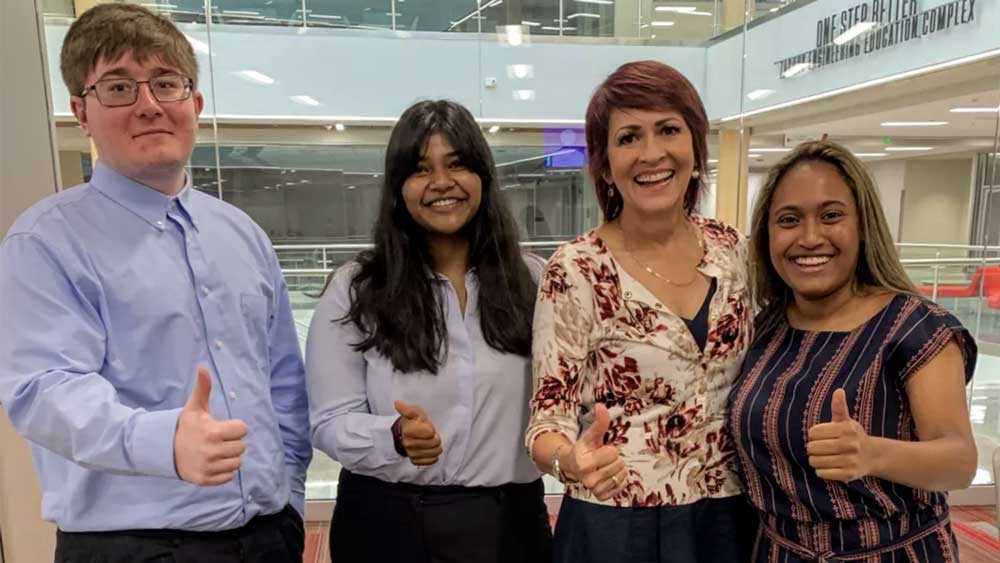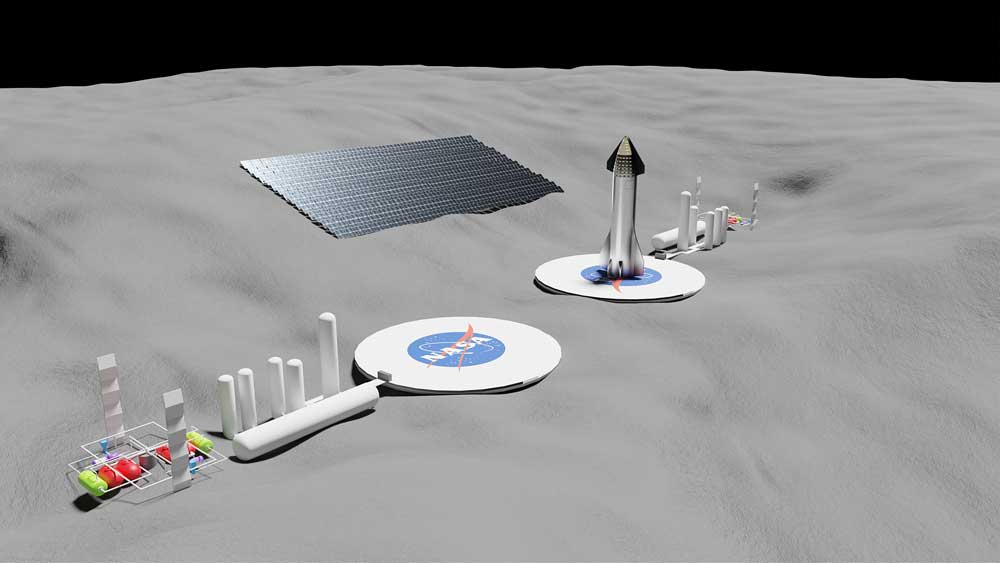
“I had a passion for aerospace and for learning, but I never expected that through this process I would learn about cryogenic fluid management and its impact on the future of space travel,” said Abigail Rajagopal ’24, a student in the Department of Aerospace Engineering at Texas A&M University.
Through the College of Engineering’s Student Engineers’ Council six-week directed internship, Rajagopal competed in the Jacobs Space Exploration Space Tech Challenge where the focus was to efficiently apply cryogenic fluid management during space travel. Jacobs Space Exploration Group is NASA’s largest professional and technical service provider.
Rajagopal said that cryogenic fluid management is part of NASA’s strategic technology plan to enhance in-space technologies. And current innovations have issues that range from thermal control to leak detection to achieving a lightweight tank.

“My first introduction to aerospace was in elementary school through reading comic books about the different rocket launches,” she said.
Now, her aerospace knowledge helped Rajagopal and her team, Lunar Fuel, reach the final round of the competition, though they did not win. As project manager, she kept track of tasks, organized meetings and communicated with their professor of practice Shayla Rivera.
According to Rajagopal, Rivera was an instrumental resource to the team. She guided them to think outside the box and provided them with advice, as she has experience as a former rocket scientist for NASA.
“Students learn about themselves and are coached through company culture, entrepreneurial and communication skills in order to develop the leader in them, which will ultimately be a part of a team of leaders focused on a design, a solution and a goal,” said Rivera. “I have witnessed how going through this particular internship program gives students the confidence to step into their engineers’ skin with confidence and skill.”

The Lunar Fuel team’s proposal was to develop a lunar refueling station. The team detailed every aspect of the design, including launchpads, remote-controlled docking systems and more. They highlighted how their project would ensure that space missions to Mars could be a two-way trip if we could master cryogenic fluid management.
The team was one of two teams to make it as a finalist for the competition. However, they did not get past the final round.
“This experience really helped me grow as a leader. There were several challenges along the way, but it was the perseverance of myself and the team that helped us reach that point,” Rajagopal said. “I learned how much I valued the perspectives of those who think differently than I do as I worked with all types of engineering majors.”